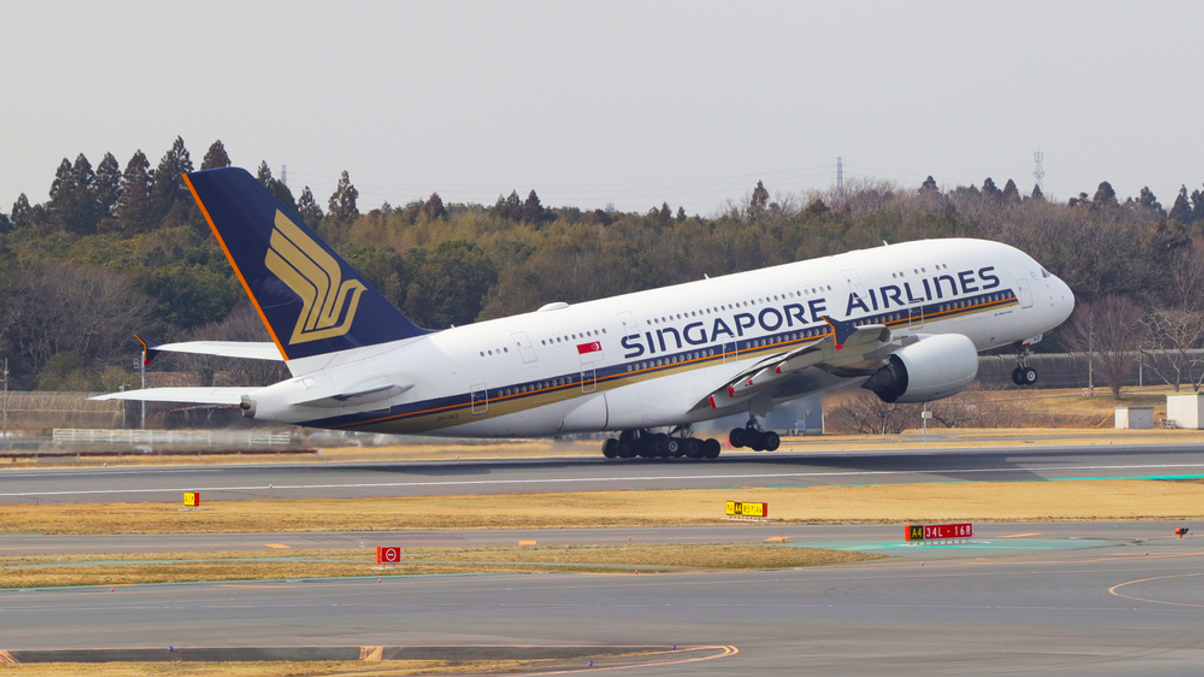Asia's aviation post-Covid recovery lags despite Singapore Airlines' third-quarter net profit
Investors are unconvinced that Singapore Airlines’ first net profit since the pandemic is indicative of the start of long-term recovery in Asia’s aviation sector.

Despite Singapore Airlines posting its first quarterly profit since the start of the pandemic, institutional investors remain hesitant over Asean’s travel sector, although some areas such as airports show more promise than others.
Sign in to read on!
Registered users get 2 free articles in 30 days.
Subscribers have full unlimited access to AsianInvestor
Not signed up? New users get 2 free articles per month, plus a 7-day unlimited free trial.
¬ Haymarket Media Limited. All rights reserved.


